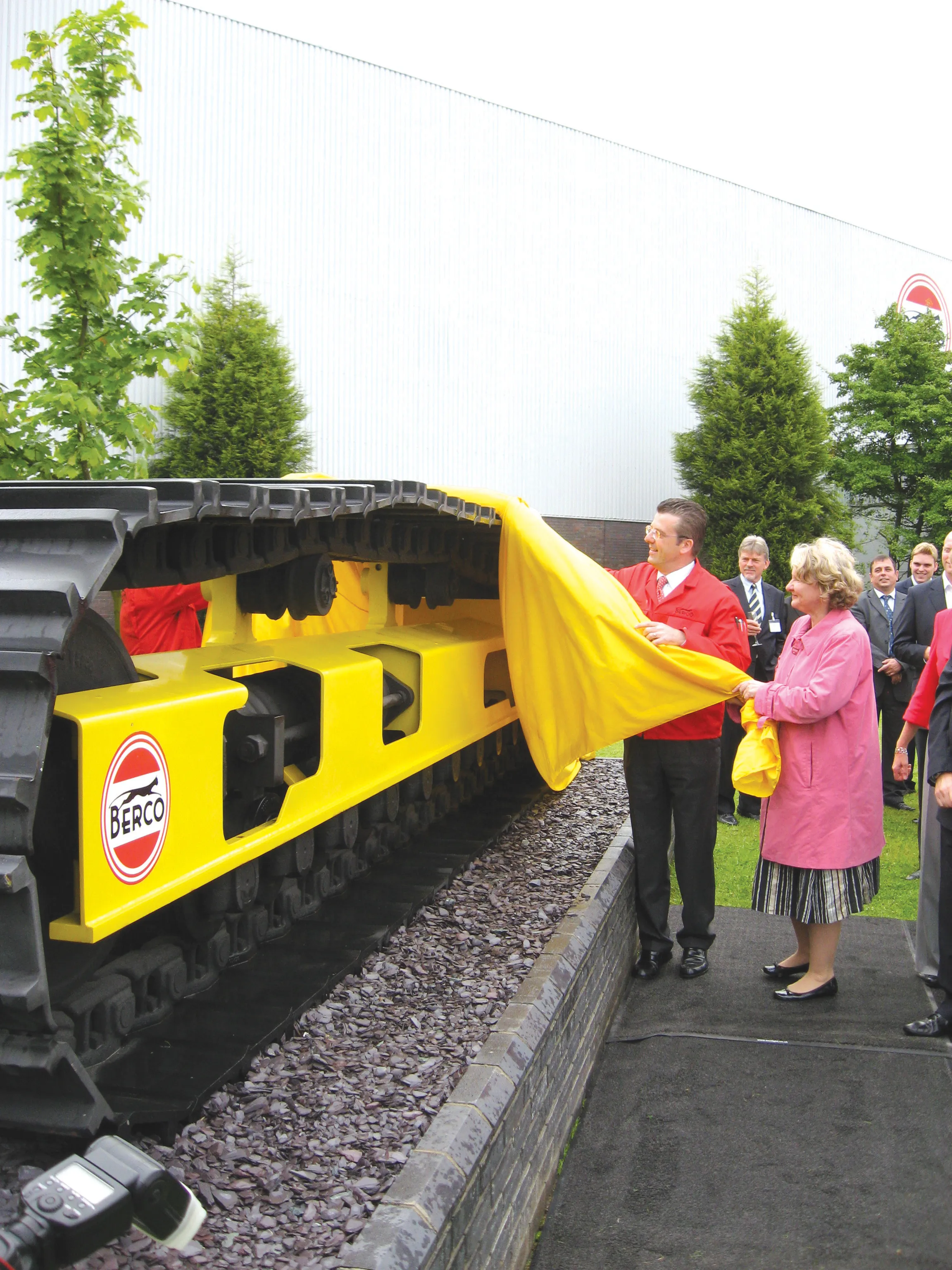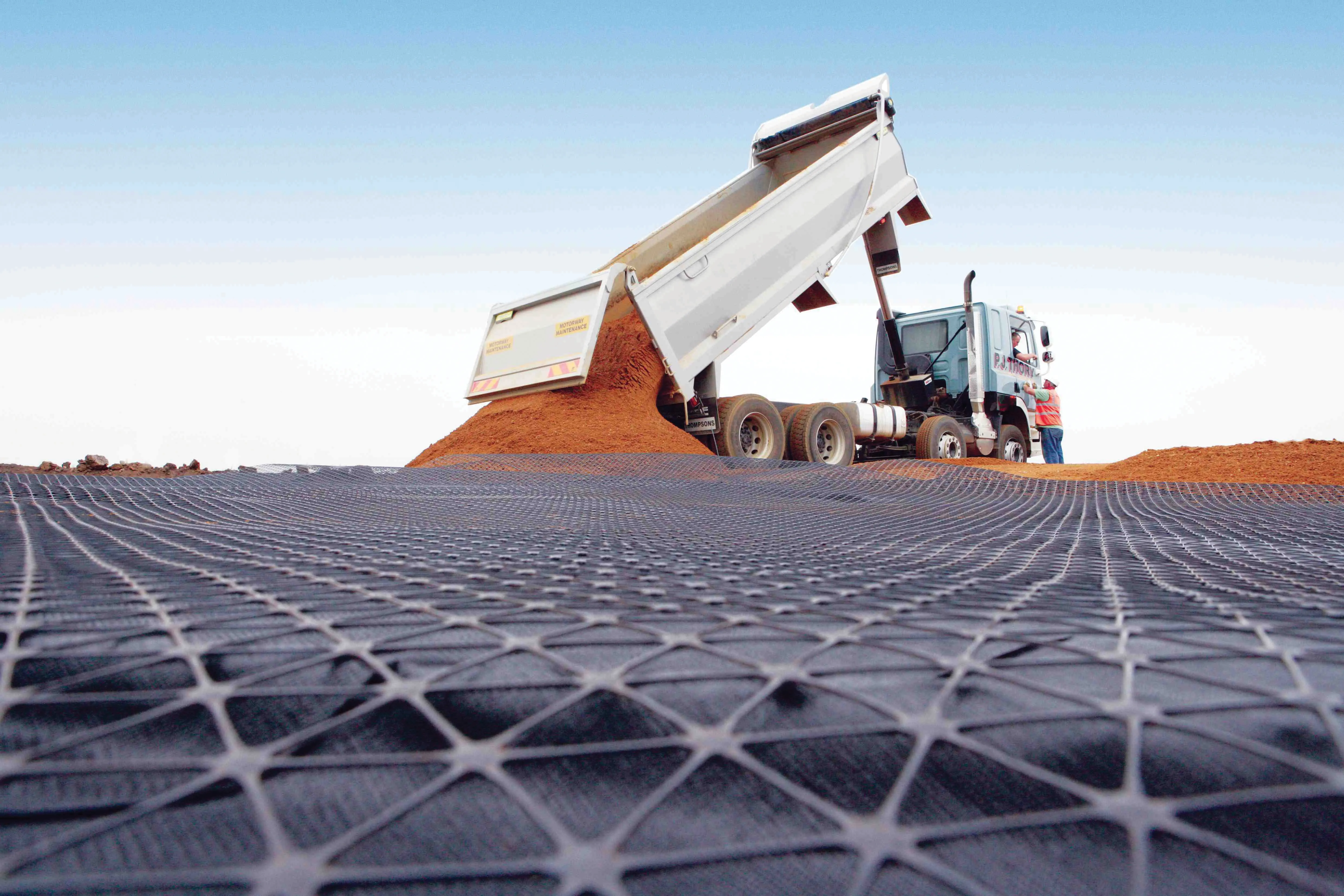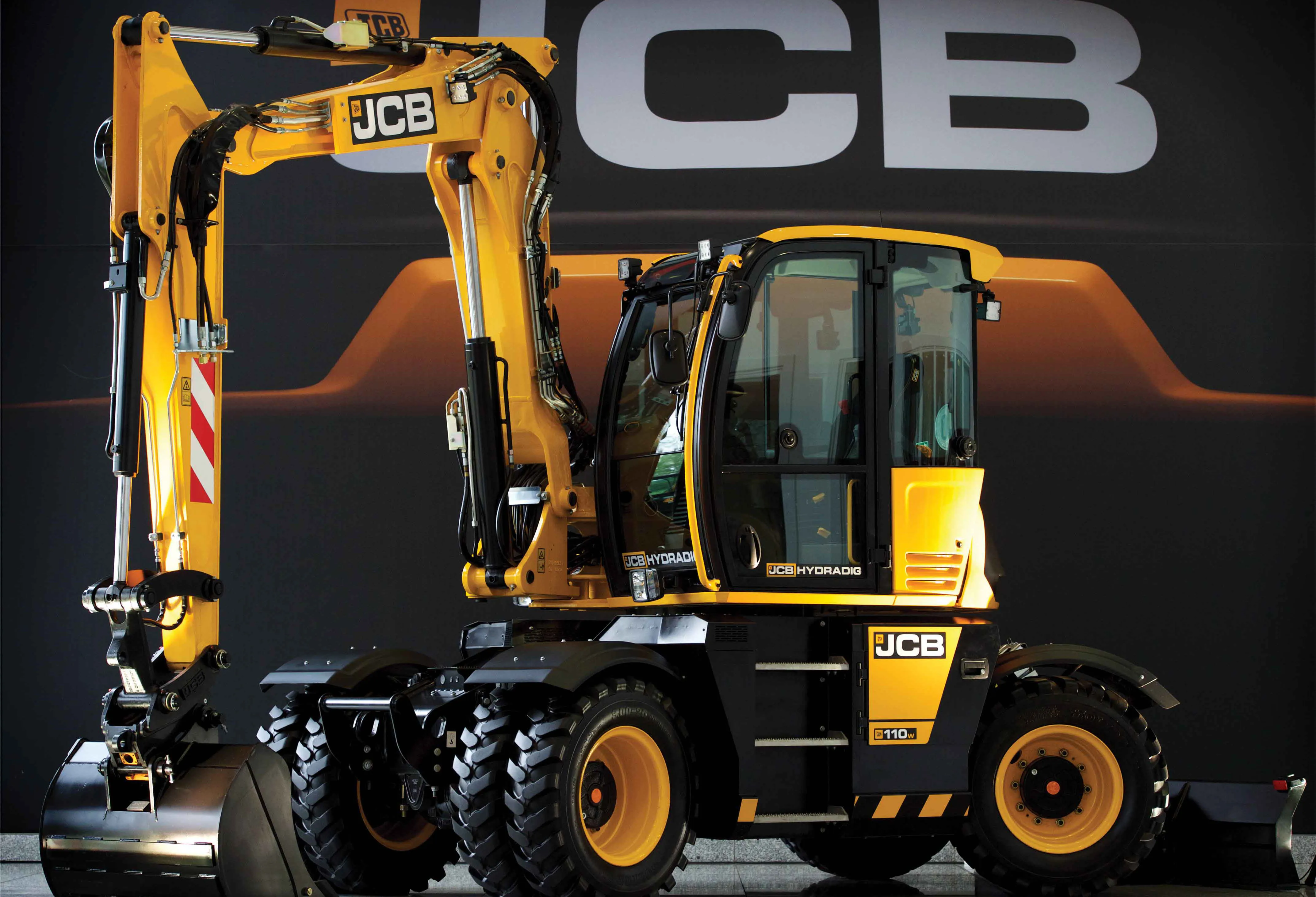Berco UK has officially marked its relocation to a new larger factory and office in Spennymoor, County Durham, north-east England, and announced plans to double its workforce during the next few years. Helen Goodman, Member of Parliament for Bishop Auckland, officially opened Berco's new site, heralding the arrival of the company as a welcome boost to the town's economy with the promise of new jobs. Berco, whose headquarters is in Italy, is a leader in the manufacture of undercarriage components and systems
July 31, 2012
Read time: 3 mins

Helen Goodman, Member of Parliament for Bishop Auckland, officially opened Berco's new site, heralding the arrival of the company as a welcome boost to the town's economy with the promise of new jobs.
Berco, whose headquarters is in Italy, is a leader in the manufacture of undercarriage components and systems for tracked vehicles, and it sells its products to customers around the world. It is part of the German multi-national ThyssenKrupp Group which has several other UK-based subsidiaries located throughout the North East, and it currently employs 25 people.
It established a UK division in 2006 with the objective of strengthening its presence in the market while basing itself closer to its main customers, including
The move to Spennymoor comes at a time when it needs to increase capacity to meet growing customer demand while enabling expansion into new market areas. The new 14,000m² facility will facilitate a doubling in productivity with a corresponding increase in workforce during the next few years. Growth is being fuelled, in part, by Berco's global strategy to decentralise its sub-assembly processes from Italy, moving the processes to the regional divisions to be closer to its customers.
At Spennymoor, one assembly line is already operational and a second will be installed by the end of September.
Managing director for Berco UK, Giovanni Micheletto said: "Our move to Spennymoor is further evidence of our commitment towards building a strong and thriving business here in the north-east of England. Since our move to the UK in 2006, we have seen strong growth driven both by increased market penetration as well as the offer of a new subassembly service to our main customers. The move to Spennymoor is motivated by a need of space to increase our capabilities to cope with this growing demand mainly in the assembly area.
"Our new home in Spennymoor is central to our plans to grow and develop the company. The north-east of England has many appealing qualities for a company such as Berco. For one, the region's transport infrastructure is robust and much less congested than other parts of the country with sea links to enable us to easily serve our customers throughout Northern Europe. Second, workers in the North East have a strong work ethic and an enthusiasm and commitment towards their work."







